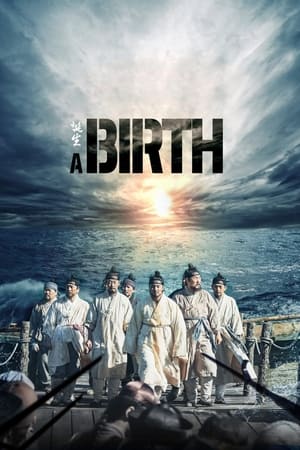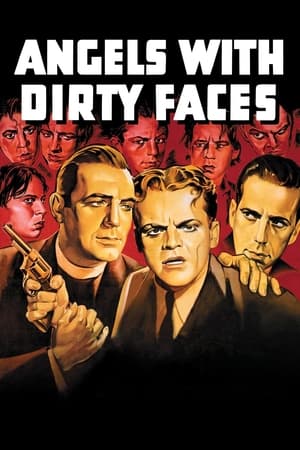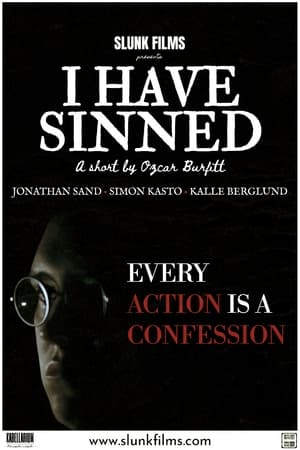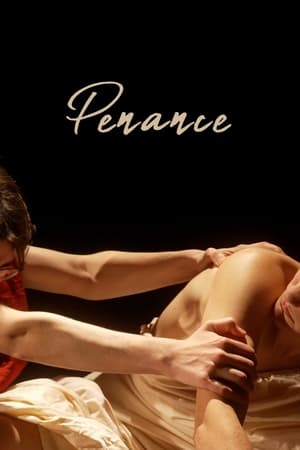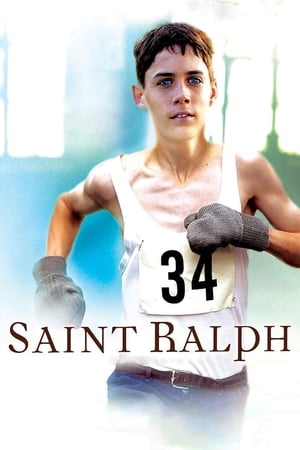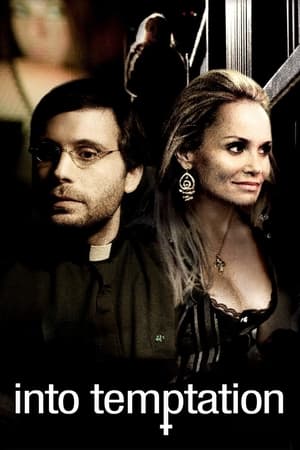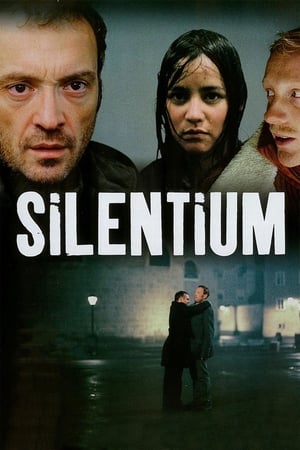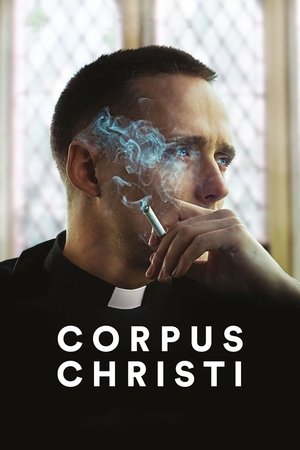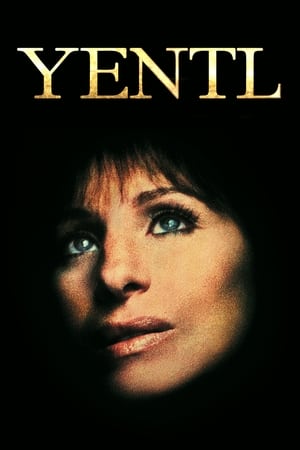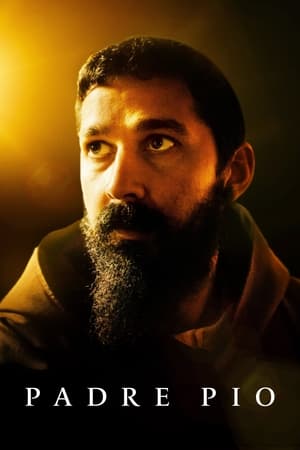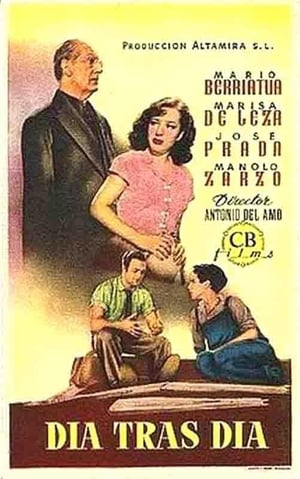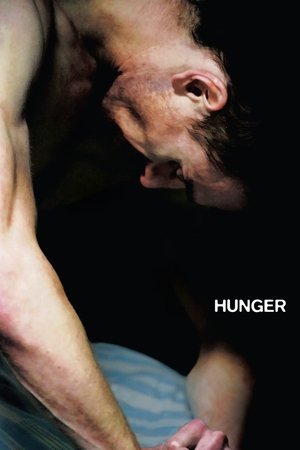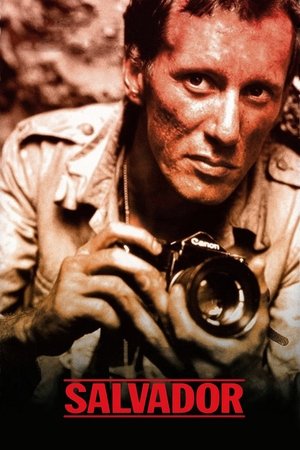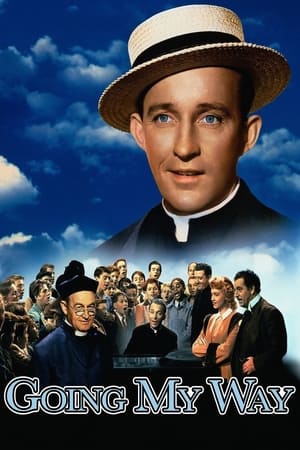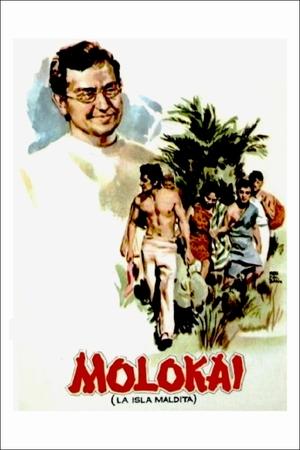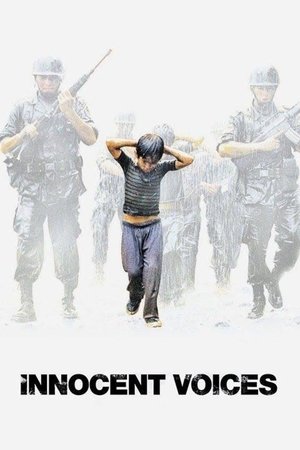Overview
At a Catholic boys' school, domineering disciplinarian Father Goddard rules over his pupils with an iron hand. When one of his teenage charges confesses to murder, the dogmatic but deeply repressed Goddard finds his faith challenged and his life spiralling dangerously out of control.
Reviews
I saw this in horrific conditions from the moderately intriguing and extremely entertaining 'Drive-In Movie Classics' pack of 50 films on 12 double-sided DVDs. Ten minutes were cut from the film and it was pan-and-scan--specifically spliced to get it to fit into a two-hour TV-spot with commercials. Still, it was an exceptional work, and I'm extremely curious for two reasons--why it was shelved for 10 years from U.S. release (until Burton was dead for four years), and why it seems to have fallen to public domain. It has a strong script, very good direction, Burton's performance is masterful (in fact, one of the best I have seen from him) and the supporting cast of both unknown youths and Billy Connolly is downright impressive. The film deserves a much better fate...Absolution itself, methinks. ;)
I wonder what it must have been like for Dominic Guard to play this really pretty manipulative role opposite Richard Burton. Whatever nerves or awe he may have felt is very well disguised, though, as he turns in a super performance as the young student "Benjie". His teacher - "Fr. Goddard" (Burton) is a man of profound faith and little tolerance of, or interest in, his students. The former alights on a plan to torment the latter by making a false confession - safe in the knowledge that this confession must be taken to the grave. The priest believes, investigates and discovers it is a practical joke. Soon, though, he is being subjected, regularly, to more equally heinous confessions and after discovering that there is truth to one of them, he slowly he begins to lose the plot. The pace builds well, the performances from the two and from David Bradley's slightly OCD "Arthur" giving us quite a sense of tension, and the last few scenes offer us a pretty brutal and unexpected series of twists. Burton is immersed in the role, and though maybe a little hammy towards the end manages to work well with the two younger actors to create quite a tense drama. The narrative also opens up to scrutiny the concept of "blind faith" - however well intentioned, and encourages thoughts on the pros and cons of any form of religion-based eduction.
_**Burgeoning iniquities underneath the surface at a boys’ religious school**_
A strict schoolmaster at a Catholic boarding school in England named Goddard (Richard Burton) favors one student, Benjie Stanfield (Dominic Guard), but seems to loathe his awkward misfit ‘friend,’ Arthur Dyson (Dai Bradley). Meanwhile Benjie befriends a vagrant hippie (Billy Connolly), a relationship of which Goddard disapproves. Havoc ensues.
"Absolution" (1978) is a psychological drama/mystery with some thrills in the last act scripted by the screenwriter of “The Wicker Man” (1973). It’s the inverse of “Picnic at Hanging Rock” (1975), just with an unambiguous climax. (Dominic Guard, incidentally, appeared in that film as well). The setting naturally brings to mind “Dead Poets Society” (1989), but “Absolution” lacks its inspirational heart and addresses darker ideas.
Speaking of which, the underlying psychological and spiritual themes are fascinating, which makes the film conducive to repeat viewings. At first glance, it juxtaposes the potential confines of religion with the seeming liberties of bohemianism and Benjie is stuck in between. But there’s more, way more. Like the fact that carnal hatred engenders wrath, not to mention glaring favoritism. Likewise, a rigid spirit of legalism naturally spawns rebellion. Then there’s the tidbit about how a dubious religious rule can backfire on the faithful.
Sharon Duce (Louella) plays the sole female character of any note, but she only appears in one sequence (she would incidentally marry Dominic Guard and have two kids with him). As such, this is a decidedly male-oriented story, which is a shortcoming of the movie, for me at least.
Also, the convoluted details revealed in the last act could’ve been better elucidated. Actually, this subplot of the story needed tweaked because certain bits seem quite implausible (unless I missed something). In any case, the end needed a little more… finesse.
The film runs 1 hour, 35 minutes, and was shot at Ellesmere College, near Ellesmere, England, which is about a 2-hour drive northwest of London (many of the students of Ellesmere appeared in this movie as extras). Interiors of the school and (I presume) the forest scenes were shot at Pinewood Studios, which is just west of London.
GRADE: B-

 95 min
95 min
 6.417
6.417
 1978
1978
 United Kingdom
United Kingdom
 talisencrw wrote:
talisencrw wrote: